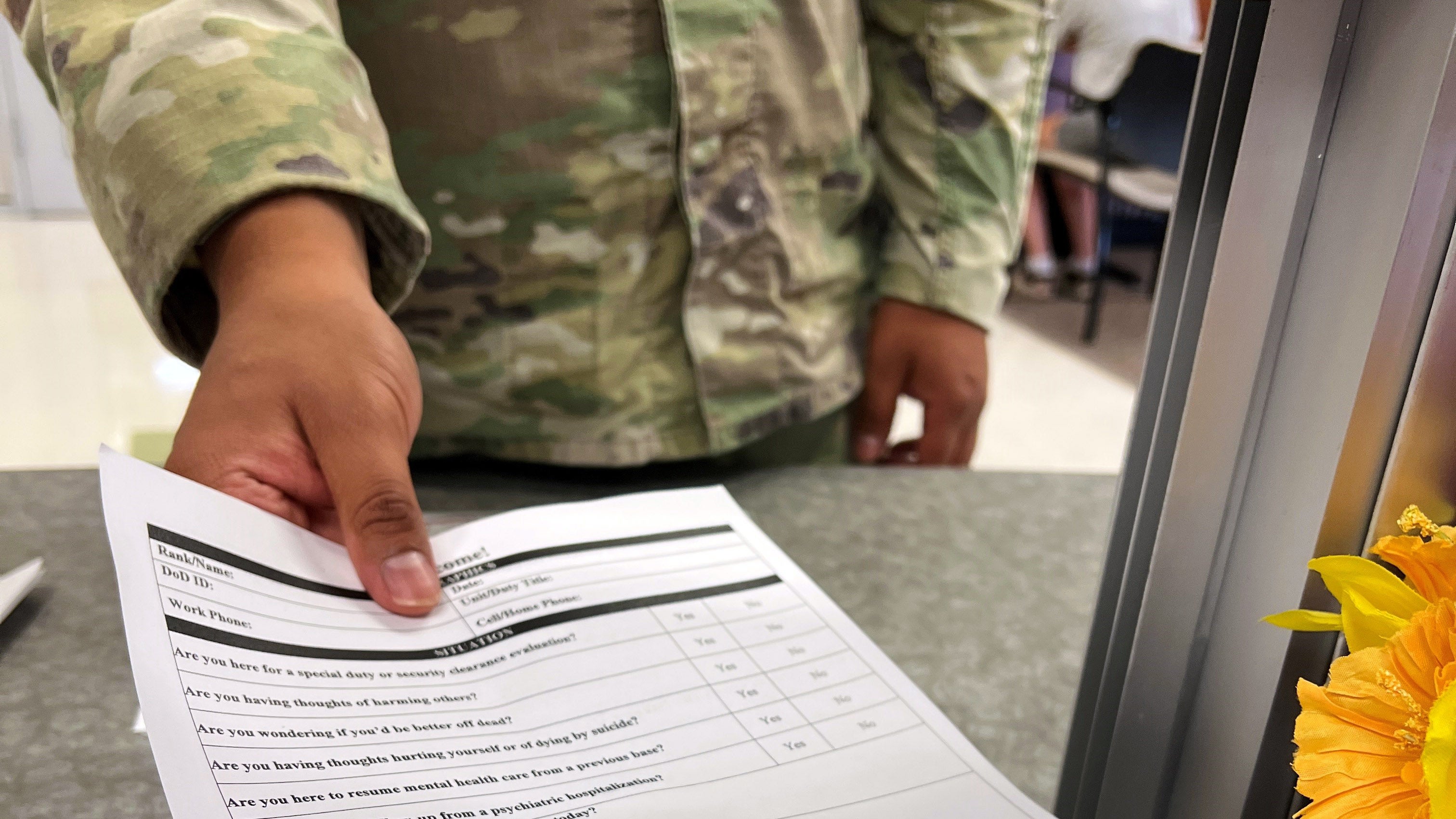Paper: Troops Need More Access to Medical Care
Paper: Troops Need More Access to Medical Care

Service members and their families could benefit from better access to military-specific care for mental health and substance use treatment, data from the Rand Corp. found.
“Unlike civilian populations, service members and their families face unique stressors that have been documented as drivers of behavioral health care problems,” the report found. “Addressing the behavioral health care needs of the military and their families is important to ensure military readiness.”
The report, which was published in Preventive Medicine Reports, studied access to licensed substance abuse treatment and mental health facilities for active-duty service members and their families across 2,099 installations between 2015 and 2018.
During its research, Rand found that about one-quarter of behavioral health treatment facilities that accept military insurance within a 30-minute drive of an installation offer specialized treatment for active-duty service members and their families.
“There is limited research on the availability of specialized behavioral health programs for active-duty military and their families,” the report found. “Existing studies find proximity to behavioral health care services as a barrier to receiving care among military populations.”
This lack of specialized care “could suggest” that facilities “may not be equipped to manage stressors unique to being in the military such as deployments,” the report found.
The report considers several next steps, including further research into military-specific treatment and the opportunity for civilian providers to be more educated on military culture and relevant treatments.
DoD also could impose requirements to increase specialized mental health and substance treatment care, according to the report. “DoD could consider imposing a requirement that behavioral health providers implement specialized programs for military populations or provide information to civilian providers on how to establish these specialized programs,” it found.
Read the study here.

